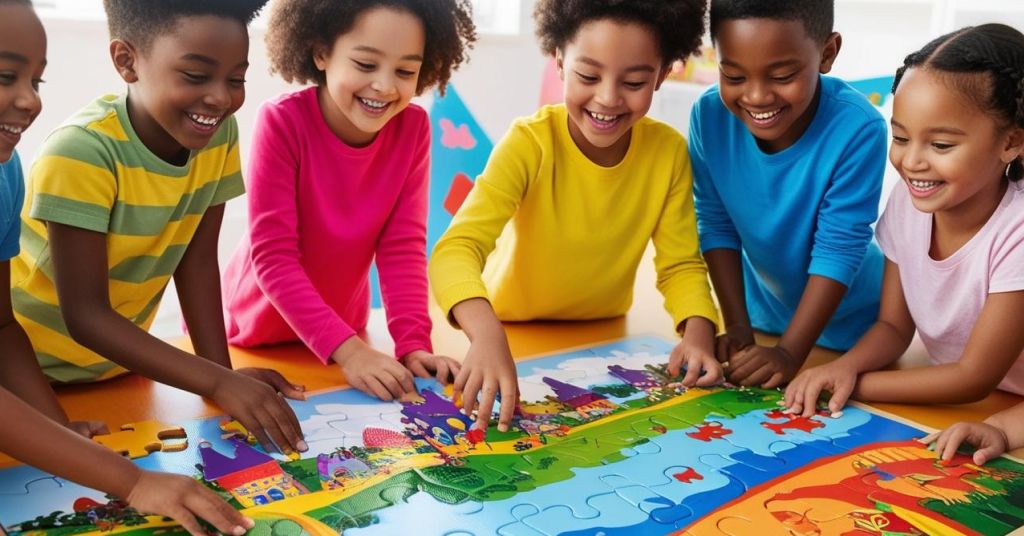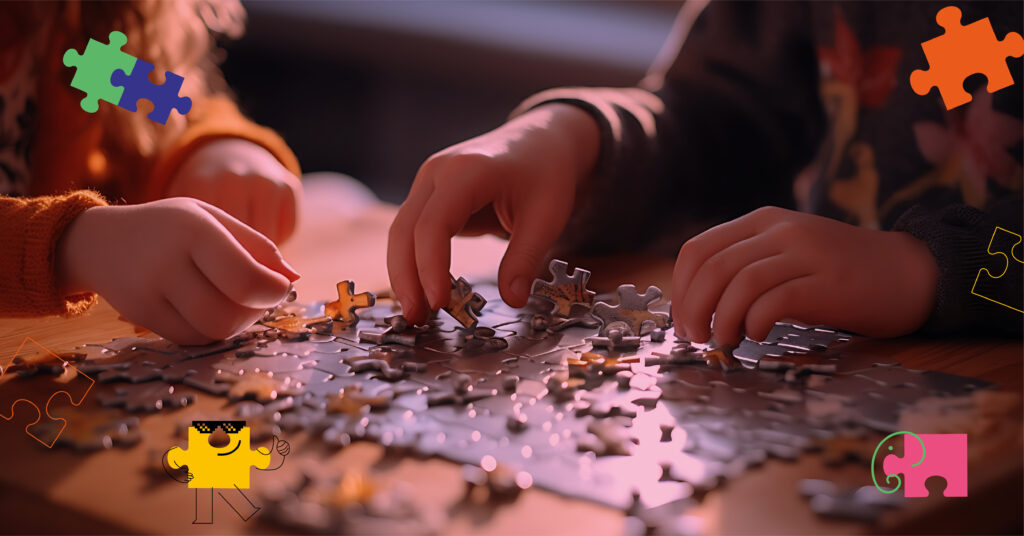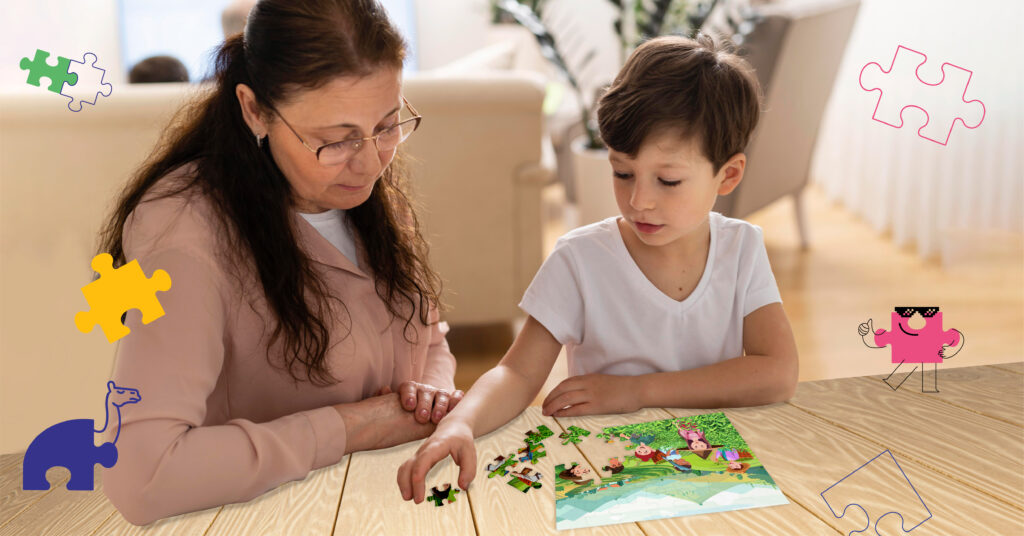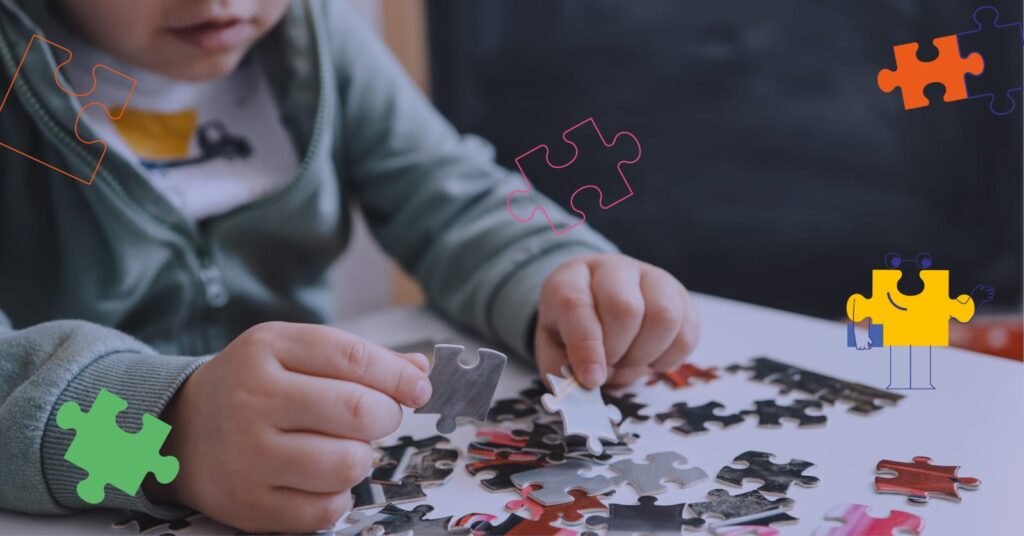In today’s digital age, developing strong social skills in children is more important than ever. Teamwork, communication, and problem-solving are essential life skills that set the foundation for success in school and beyond. One of the best ways to nurture these skills is through interactive play with puzzles. Whether it’s a simple jigsaw puzzle or a complex 3D challenge, puzzles encourage children to work together, communicate effectively, and build lasting social connections.
The Role of Play in Social Learning
Children naturally learn best through play-based activities. Engaging in play allows kids to interact with peers, express their thoughts, and understand emotions. Games and puzzles provide an environment where they can practice cooperation, handle conflicts, and celebrate achievements together. Unlike solo activities, puzzles encourage collaborative problem-solving, making them a perfect tool for social learning.
How Puzzles Encourage Teamwork
Puzzles are more than just a fun pastime—they are a great way to develop team-building skills. Here’s how:
- Cooperative Problem-Solving: Children must work together to complete a puzzle, strengthening their ability to strategize and share ideas.
- Communication Skills: Discussing piece placement, asking for help, and giving directions help improve verbal and non-verbal communication.
- Turn-Taking and Patience: Waiting for a turn, listening to others, and respecting different perspectives teaches kids self-regulation and patience.
- Shared Success: Completing a puzzle as a team creates a sense of achievement and camaraderie, reinforcing positive social behavior.
Real-Life Examples & Case Studies
Take, for instance, a group of preschoolers working on a large floor puzzle. Initially, they may struggle with disagreements, but as they continue, they learn to delegate tasks—one finds edge pieces, other sorts colors, and a third assembles sections. Over time, they develop conflict resolution skills, understanding that teamwork speeds up the process and makes it more enjoyable.
Similarly, in a classroom setting, students solving a STEM-based puzzle often display better engagement, active listening, and a willingness to help each other—proving that puzzles are a powerful tool in fostering social intelligence.
Also Read: Educational Benefits of Jigsaw Puzzles
Tips for Parents & Educators
Want to integrate teamwork-based puzzles into playtime? Here are some tips:
- Choose Age-Appropriate Puzzles – Ensure puzzles are challenging yet achievable.
- Encourage Group Play – Assign specific roles to each child to enhance cooperation.
- Promote Positive Reinforcement – Praise teamwork efforts instead of just the final result.
- Rotate Puzzle Types – Try jigsaw puzzles, 3D models, and logic-based puzzles to keep engagement high.
Puzzles are a fun, engaging, and effective way to teach children valuable social skills like communication, patience, and teamwork. By integrating puzzle-based activities into playtime, parents and educators can help kids build strong collaborative and problem-solving abilities that will benefit them for life. So, next time you’re looking for a meaningful play activity, grab a puzzle and watch the magic of teamwork unfold!
To Buy the Best Puzzles & Educational Toys for your Child, check out Products in our collection.



